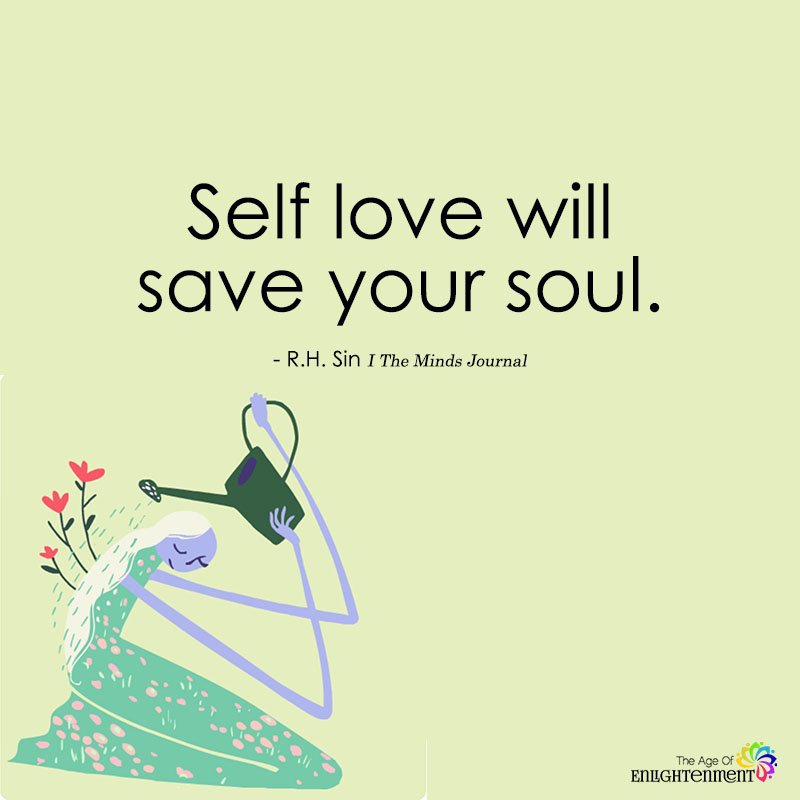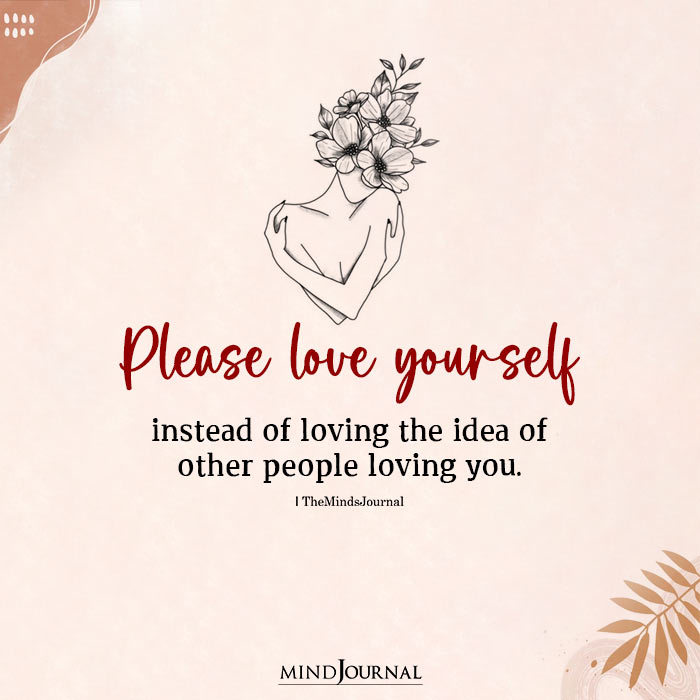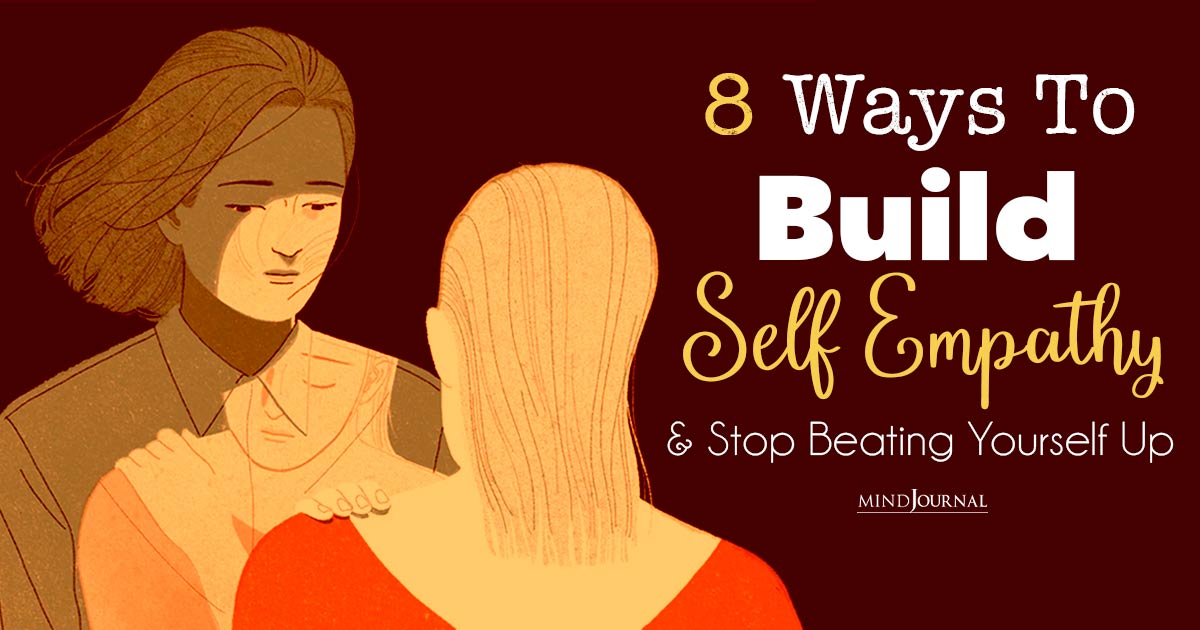Stop the cycle of negativity and embrace compassion towards yourself. Learn these 8 essential ways to build self empathy, and shift from self-criticism to self-care!
(Adapted from The Genius of Empathy by Judith Orloff MD, 2024 Sounds True Publishing)
How you treat yourself profoundly effects your health and well-being.
What is self-empathy? Why can it seem so elusive when it is so good for us? It often seems so much easier to have empathy with others than yourself.
Self-empathy is a commitment to being caring rather than shaming or punishing with yourself, especially if you’ve made a mistake.

Maybe your first impulse is to push too hard or get impatient with your progress. Or you might beat yourself up for falling short at work or when communicating with a loved one.
Related: 4 Tips That Will Help You Practice Self Compassion
Or you are too quick to hate or blame. Without self-empathy these are no-win situations. That’s why self-empathy is so vital to becoming a healthy, empowered empathic person.
Because of the absolute importance of this subject, I’ve devoted a complete chapter to it in my book The Genius of Empathy which is available on your favorite online booksellers or bookstores.
Please review this information in the chapter to get a sense of why I’m framing self-empathy as a healing force in your life. To begin practicing self-empathy here are 8 tips.
8 Ways To Build Self Empathy And Self-Compassion
- Treat yourself with as much kindness as you treat others.
- Honor your own needs rather than always putting everyone else first.
- Have self-compassion for yourself during hard times, rather than blaming and shaming.
- Set respectful boundaries with unhealthy behavior.
- Give yourself permission to be around supportive, positive people.
- Forgive yourself when you make a mistake.
- Allow yourself to receive other people’s caring, help, and love.
- Be happy with yourself when you do things well.
Whenever you have physical distress you can connect to it with empathy. First, identify the painful place in your body.
Take a few deep breaths and relax into it. Connecting with your heart in stressful situations, including medical or dental procedures, reduces stress. Keep sending the uncomfortable area lovingkindness. This part of you, whether it’s a bone, an organ, or a tissue, needs your understanding.

In addition, practice the following healing affirmation which I recommend to my patients as a way to access self-empathy and promote self-healing. During the day, keep repeating it to lessen stress or to simply feel good.
Related: How To Improve Your Relationship With Yourself: 5 Ways
I breathe deeply. My body is relaxed.
I am moving forward toward wellness and ease.
Self-empathy means accepting that you are human and can learn and grow. Of course, you will make mistakes or have regrets. You may move forward, slip backward, then move ahead again. You are not perfect. None of us are. Thank goodness.
Perfection is so boring! I love the Japanese concept of wabi-sabi, which sees imperfections as beautiful and interesting. We are all messy and extraordinary at the same time. Self-empathy starts with being willing to accept your less-than-best qualities as well as your stellar ones.
Written by: Judith Orloff, MD
Originally appeared on: drjudithorloff











Leave a Reply